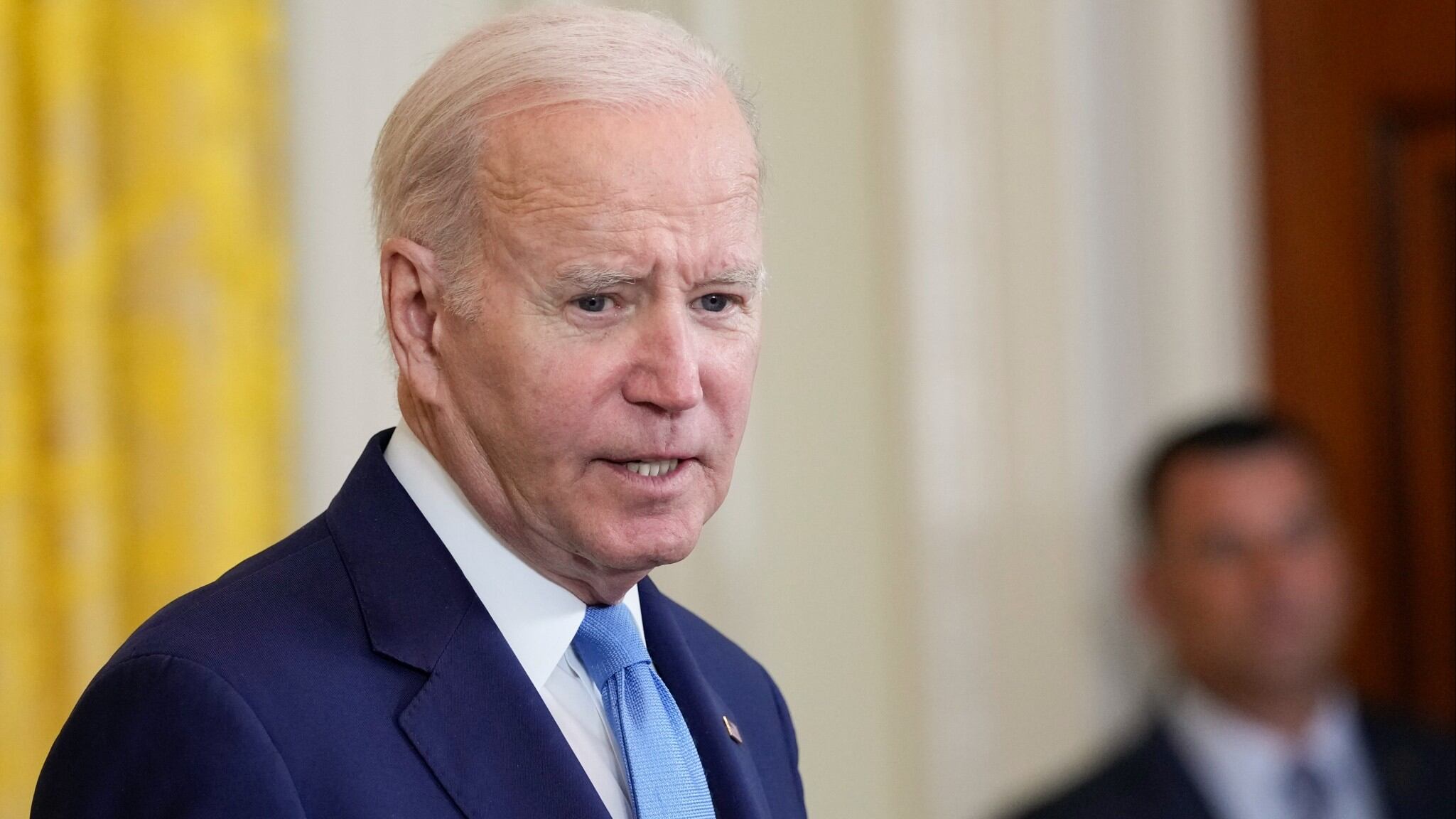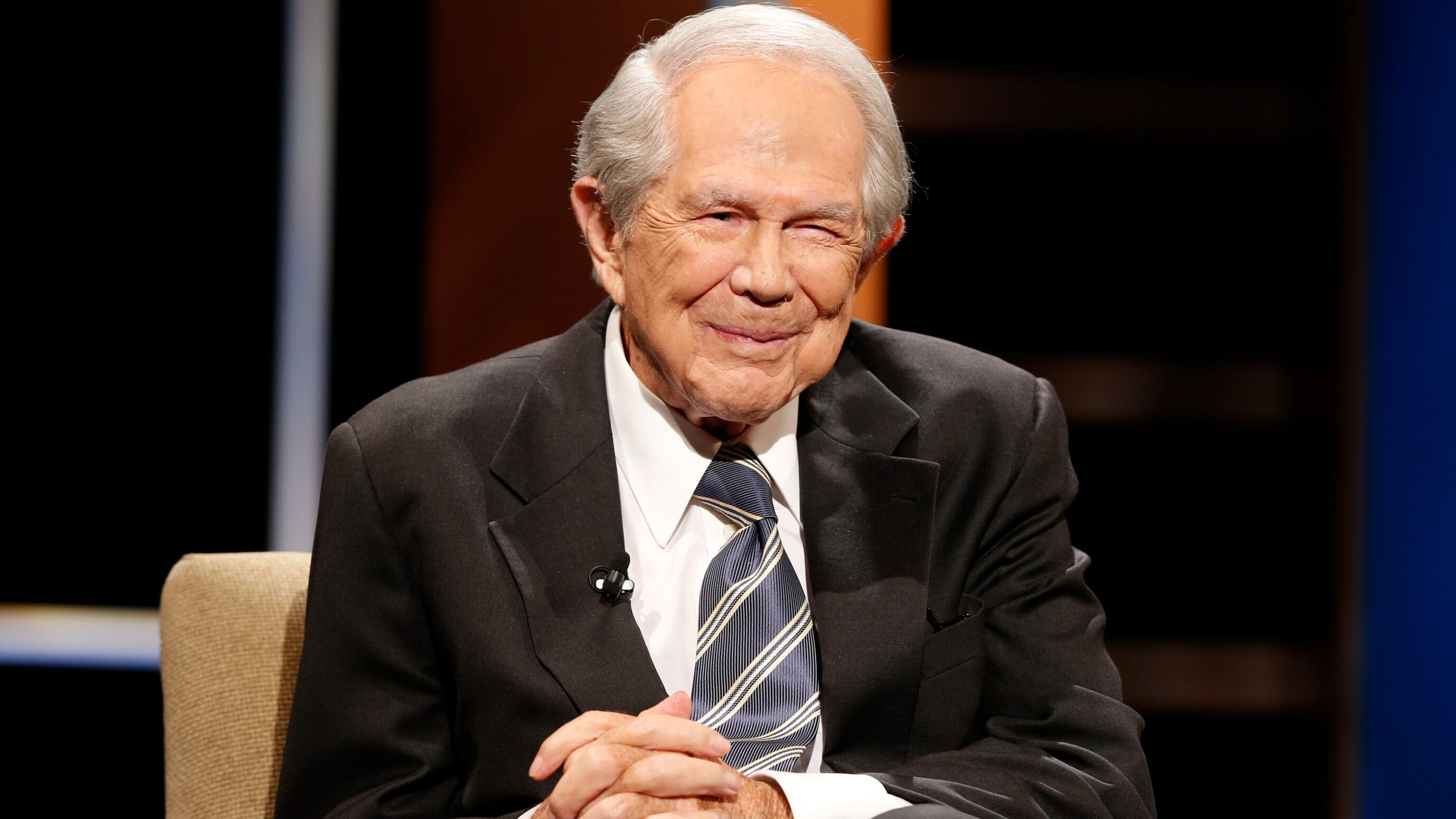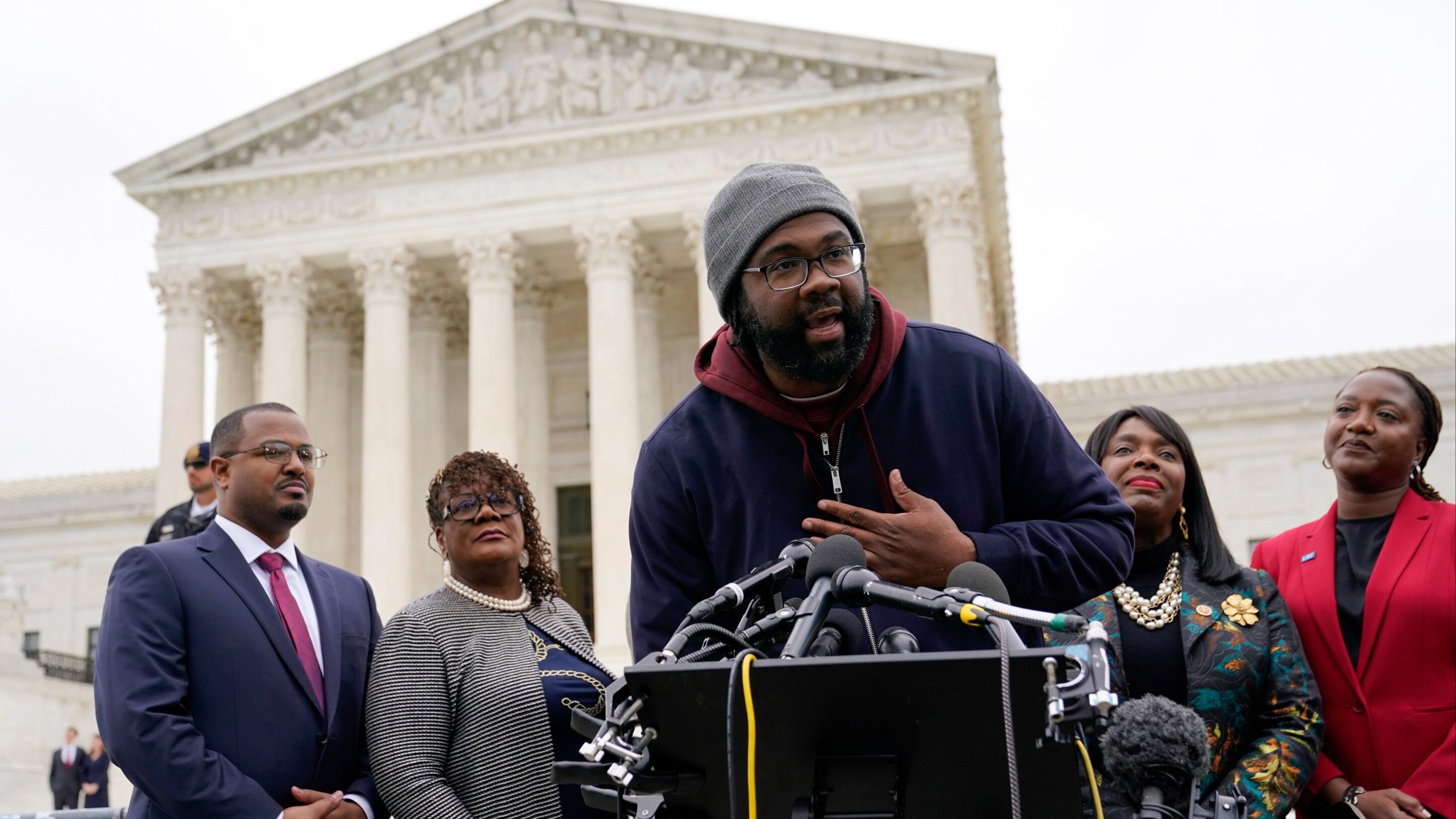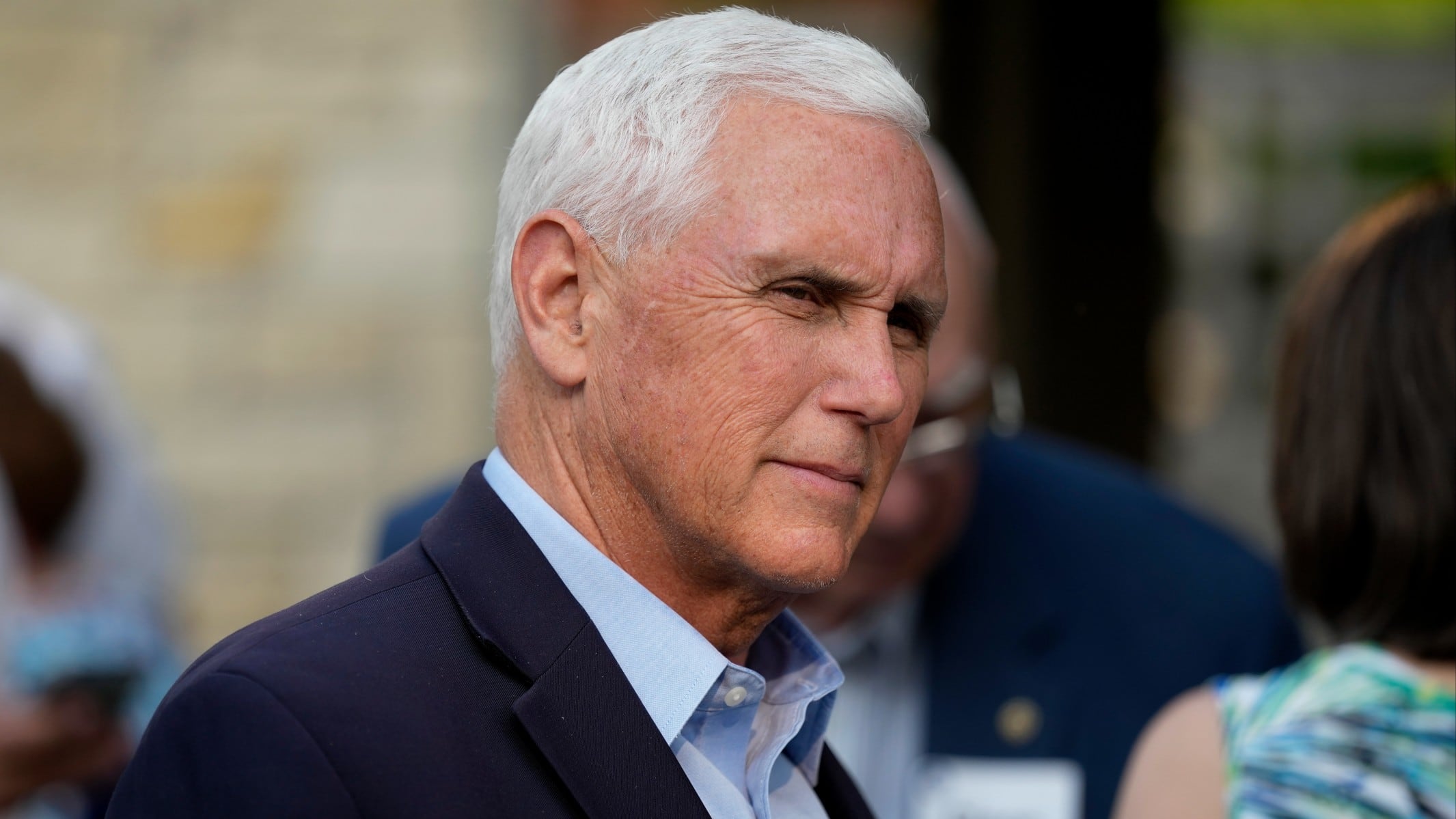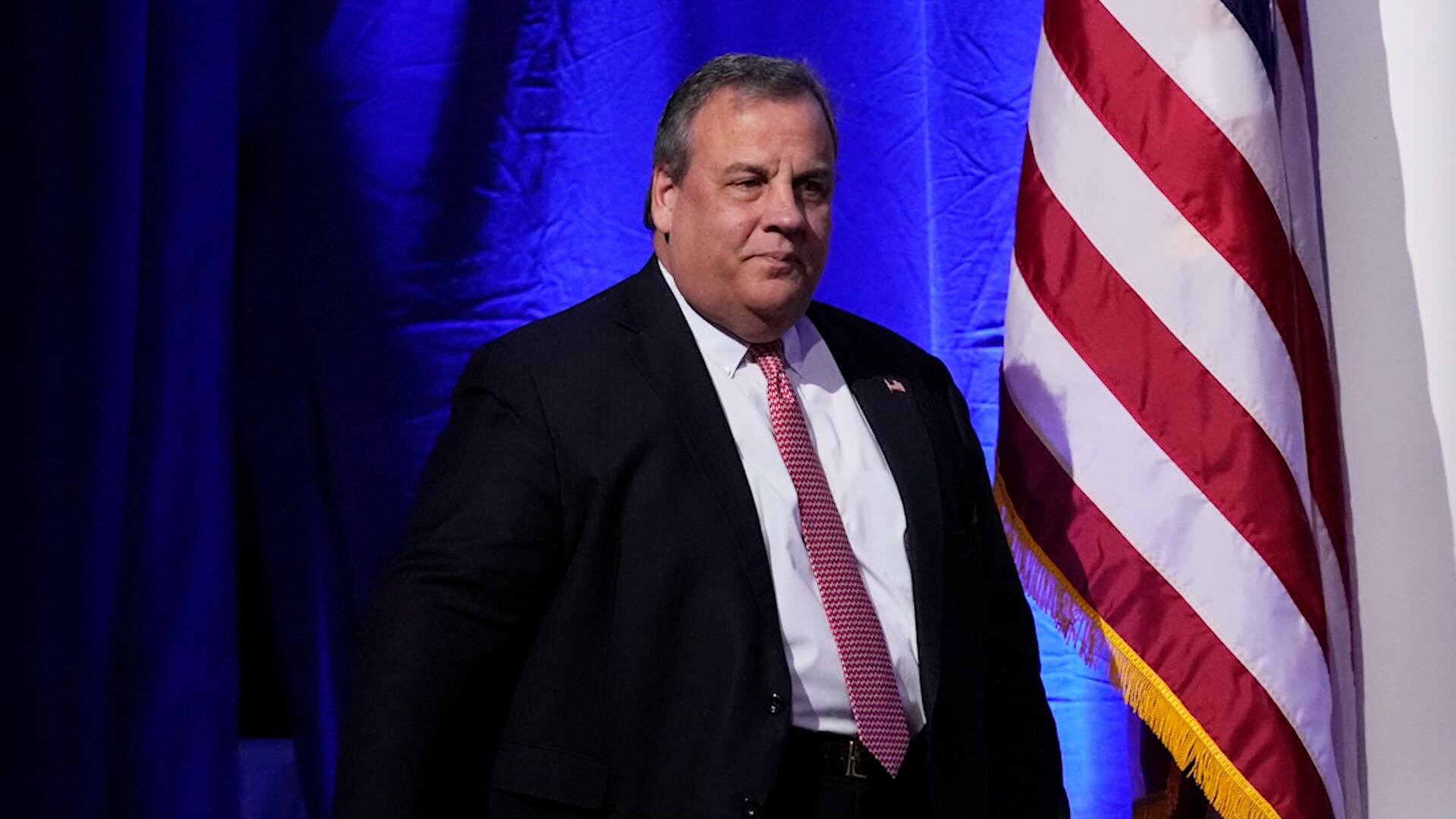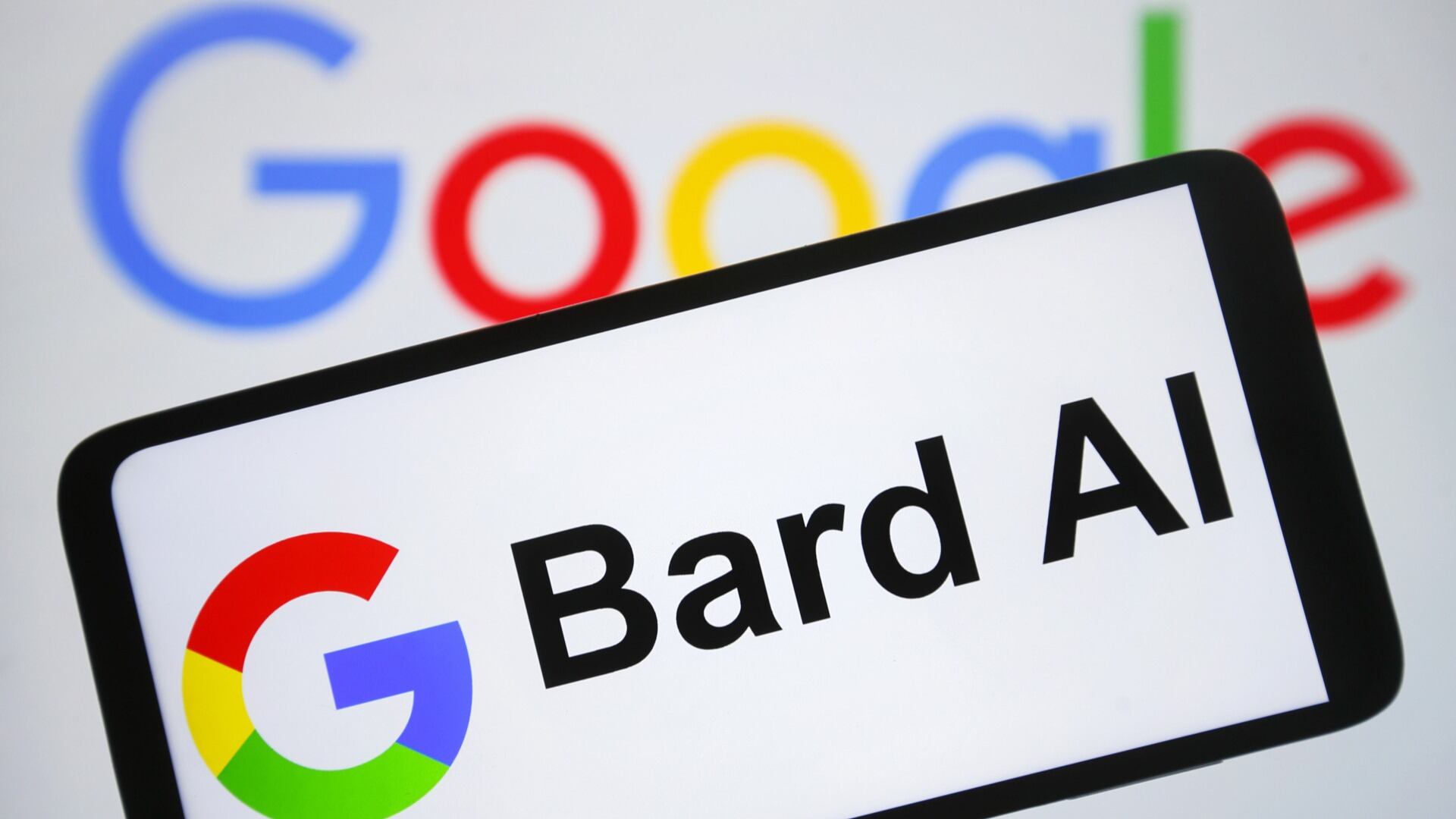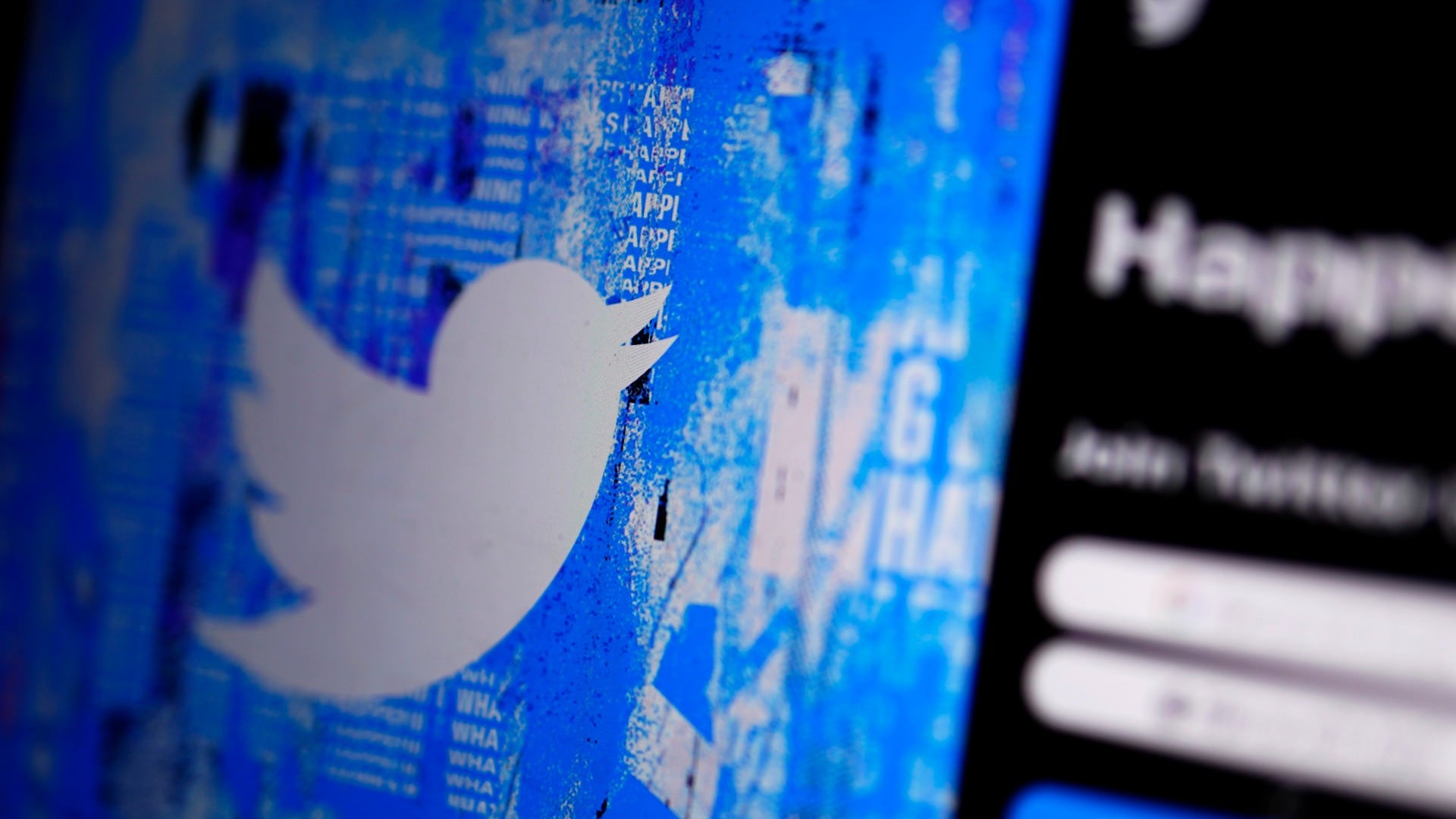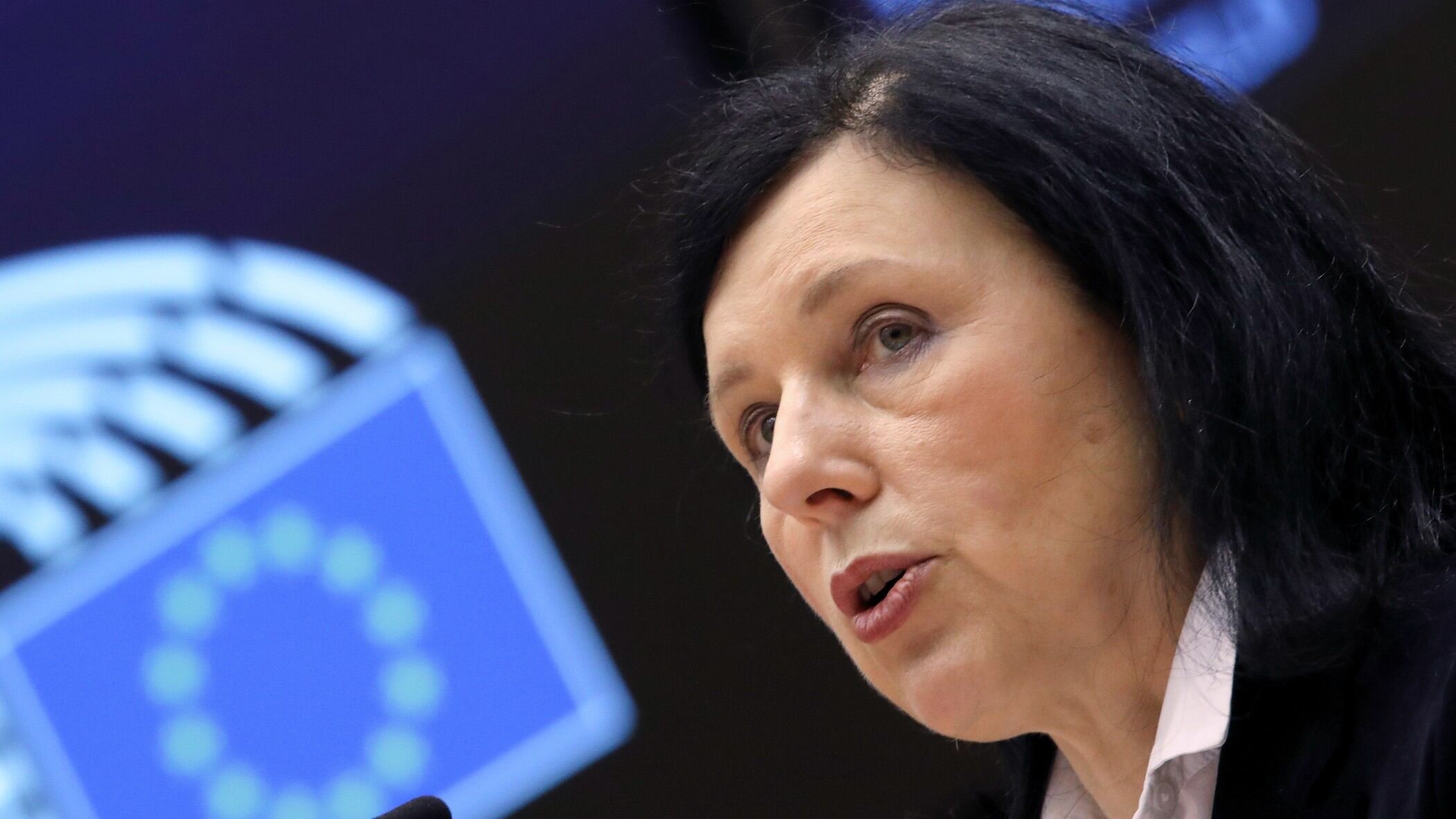By Lindsay Whitehurst
Attorney General Merrick Garland announced Friday he has appointed a special counsel in the Hunter Biden probe, deepening the investigation of the president's son ahead of the 2024 election.
Garland said he was naming David Weiss, the U.S. attorney in Delaware who has been probing the financial and business dealings of the president's son, as the special counsel.
Just as his appointment as special counsel was announced, Weiss notified a federal judge in Delaware that plea deal talks in the Hunter Biden case were at an “impasse.”
Garland noted the “extraordinary circumstances” of the matter as he made the announcement at the Justice Department. He said that Weiss asked to be appointed to the position and told him that “in his judgment, his investigation has reached a stage at which he should continue his work as a special counsel."
“Upon considering his request, as well as the extraordinary circumstances relating to this matter, I have concluded it is in the public interest to appoint him as special counsel,” Garland said.
The move is a momentous development from the typically cautious Garland and comes amid a pair of sweeping Justice Department probes into Donald Trump, the former president, and President Joe Biden's chief rival in next year's election.
It also comes as House Republicans are mounting their own investigation into Hunter Biden’s business dealings.
Last month, Hunter Biden’s plea deal over tax evasion collapsed after U.S. District Court Judge Maryellen Noreika, who was appointed by President Donald Trump, raised multiple concerns about the specifics.
Republicans had derided that agreement as a “sweetheart” deal as they pushed their own probe.
The Republicans claimed Weiss was being blocked from becoming a special counsel a claim he and the Justice Department denied.
By being named special counsel Weiss will have broader authority to conduct a more sweeping investigation across various areas.
President Joe Biden on Thursday condemned a wave of “cruel” and “callous” state legislation curbing the rights, visibility and health care access of LGBTQ+ people, while causing the community to feel under attack for being who they are.
Pat Robertson, a religious broadcaster who turned a tiny Virginia station into the global Christian Broadcasting Network, tried a run for president and helped make religion central to Republican Party politics in America through his Christian Coalition, has died. He was 93.
The Supreme Court on Thursday issued a surprising 5-4 ruling in favor of Black voters in a congressional redistricting case, ordering the creation of a second district with a large Black population.
Mike Pence opened his presidential bid with an unusually forceful critique of former President Donald Trump over Jan. 6, his temperament and abortion on Wednesday as he became the first vice president in modern history to challenge his former running mate.
Former New Jersey Gov. Chris Christie wasted no time going after Donald Trump while launching his presidential campaign on Tuesday, calling the former president and current Republican primary front-runner a “lonely, self-consumed, self-serving mirror hog" and arguing that he's the only one who can stop him.
Saying gender identity is real, a federal judge temporarily blocked portions of a new Florida law that bans transgender minors from receiving puberty blockers, ruling Tuesday that the state has no rational basis for denying patients treatment.
With concerns about misinformation spreading online, European Union officials want to more closely regulate artificial intelligence, and they're asking the world's biggest tech companies for help.
Sens. Elizabeth Warren, Ron Wyden, Ed Markey, and Mazie Hirono sent a letter to top officials at Twitter expressing their concerns over the platform's privacy policy.
The world's largest cryptocurrency exchange Binance and its founder Changpeng Zhao are accused of misusing investor funds, operating as an unregistered exchange and violating a slew of U.S. securities laws in a lawsuit filed by the SEC.
A top EU official said companies should roll out the technology to recognize AI-generated content and "clearly label[s] this to users."

